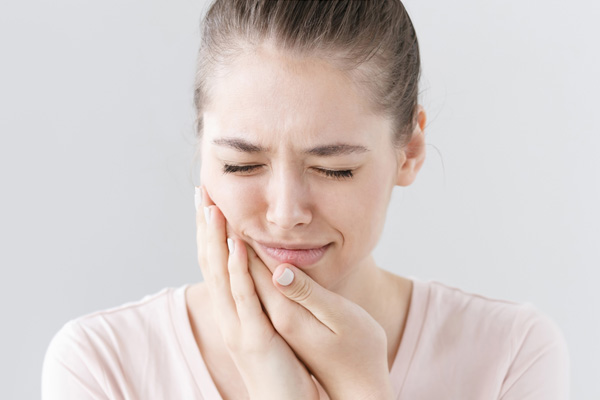The temporomandibular joint (TMJ) is a complex hinge that connects your teeth to your head. It is in charge of many things, like talking, chewing, breathing, and laughing.
TMJ problems are a group of painful and uncomfortable conditions that can happen when this joint does not work right. TMJ problems can be addressed by a dental practice in El Centro.
What are the symptoms of TMJ disorders?
People with TMJ problems may feel pain, have trouble moving their jaw, get headaches or earaches, have trouble eating, or have their jaw pop or lock. The strength and regularity of these symptoms can change, and they may get worse over time if you do not treat them.
These are some of the most common signs of TMJ disorders:
- Pain: Jaw, face, or neck pain that hurts or throbs.
- Jaw popping or clicking: Sounds that happen when you open or close your mouth.
- Jaw movement problems: These include not being able to open your mouth wide or having your jaw stop.
- Headaches: Having headaches often or badly.
- Earaches: These are pain or discomfort in the ear, which often comes with ringing in the ears.
- Swelling or pain in the face: This is also called facial swelling.
- Having trouble chewing: Having pain or soreness while eating.
These issues need to be dealt with so that the jaw can continue to work well and issues do not get worse. Getting diagnosed and treated quickly can help you avoid problems and live a better life. If you have any of these signs, you should see a dentist or other medical worker right away to get checked out and treated.

What are the causes of TMJ disorders?
Tooth grinding, also known as bruxism, can put too much stress on the TMJ, which can cause pain and swelling. When you hit your face or hurt your jaw, the joint and the muscles around it can get hurt.
Arthritis, especially rheumatoid arthritis, can make the TMJ swell and hurt. Muscle tightness and biting your jaw can be caused by stress, and bad posture can throw off your alignment and put stress on the joint.
Dental problems, like teeth that are not lined up right or a bad bite, can affect how the jaw works and make TMJ conditions worse.
What are the treatment options for TMJ disorders?
The best way to treat TMJ problems depends on how bad the symptoms are and what is causing them. Relaxation, over-the-counter drugs, heat or cold packs, and learning how to deal with worry are all forms of self-care.
If you can not take care of yourself, your dentist or doctor may offer more advanced ways, such as physical therapy, custom-made mouthguards, medicine, cortisone shots, or surgery.
Take a break from things that hurt your jaw, and rest. Over-the-counter painkillers and NSAIDs can help reduce pain and swelling. You can also use hot or cold packs to help. Deep breathing, yoga, and meditation are all ways to deal with stress that can help ease stiffness and tightness in the jaw.
To address pain or ease tightness in the jaw muscles, prescription drugs may be used. In the worst cases, surgery may be needed to fix problems with the structure of the joints or relieve nerve pressure.
When should you see a doctor?
Talk to a dentist or doctor if you are in pain all the time, can not open your mouth, have a locked jaw, get headaches or earaches that will not go away, notice changes in your bite, or have trouble chewing or eating.
These symptoms could be signs of a deeper TMJ problem that needs to be checked out and treated by a professional. Taking care of yourself and over-the-counter drugs might not be enough to get to the bottom of these problems. Getting diagnosed and treated quickly can help you avoid problems and feel better overall.

